Surprise! Surprise! Hunter Biden just told the House Oversight Committee he won’t to comply with their subpoena for a closed-door deposition.
Hunter’s refusal was delivered by his formidable attorney, Abbe Lowell. Their “stonewall strategy” was foreordained when Hunter chose Lowell several months ago. Lowell is smart, tough and relentless. He’s a “let’s fight” litigator, replacing Hunter’s former counsel, who was known for striking deals. When the sweetheart deal blew up in federal court, Hunter switched to Lowell.
Abbe Lowell’s strategy and persona borrow something from Roy Cohn, the equally tough attorney known for representing Joe McCarthy. Cohn once remarked that when prospective clients wanted the toughest SOB in New York for their attorney, he wanted them to think of just one name: Roy Cohn. Lowell has the same marketing strategy in the nation’s capital. He’s a fighter, not a compromiser, and he has demonstrated that in representing Hunter Biden. Presumably, that’s why the president’s son chose him.
Hunter’s latest refusal to testify reiterates his earlier one. The first refusal came wrapped in camouflage. Lowell told the Oversight Committee that Hunter was willing to testify — he couldn’t wait to do it — but that he would do it only in public. Actually, it is the committee, not the witness, who chooses how testimony will be given.
Hunter’s offer was always a slick gambit, with two purposes in mind. One was to run out the clock, delaying Hunter’s appearance until the committee had moved on and issued a report. The second was to fool the public by pretending Hunter actually wanted to testify and that it was the Republican committee making it impossible. In fact, testifying was the last thing Hunter wanted to do. He’s facing potential criminal charges in California and has a lot of information about how his businesses operated and what role his father played. Why would he possibly want to speak about those matters under oath before a congressional committee?
Clever as Hunter’s ploy was, his timing couldn’t be worse. It comes just as House investigators are seeking a full House vote to establish an impeachment committee to investigate President Biden. A key rationale is that the new committee will give investigators more leverage to obtain testimony and documents, which have been denied them until now. Hunter’s latest refusal with be Exhibit Number One.
To win the House vote, Republican leaders need the votes of every single member of their caucus. They have only a two-vote margin over the Democrats, all of whom will vote against establishing an impeachment committee. Hunter’s high-profile rejection of a subpoena by the Oversight Committee strengthens the Republican argument that only an impeachment committee can get the relevant documents and testimony.
That argument carries weight because impeachment committees have greater power than regular committees to enforce subpoenas. All committees must have a “legislative purpose” in requesting information from potential witnesses, but the courts give greater deference to requests from impeachment inquiries, once they have been formally established. Not only is their “legislative purpose” obvious, it is the gravest responsibility of Congress.
So, what happens now?
The first thing will be a vote by the full House to establish an impeachment committee. If that passes, then the new committee will likely reissue all outstanding subpoenas, including the one for Hunter. That makes sense because demands from the new committee carry more weight.
Assuming Hunter still refuses to comply, the impeachment committee would then vote to hold him in contempt of Congress.
Normally, refusals and contempt citations are handed over to the Department of Justice for enforcement. As the nation’s top law enforcement agency, it has the authority to seek jail sentences for witnesses who refuse to comply. The chances the Biden administration Department of Justice will actually seek to enforce a subpoena on the boss’s son can be summed up in two words: fat chance.
But that’s not the end of the story. If the DoJ refuses to act, the House can and will go directly to federal court to enforce its right to receive relevant testimony and documents. The courts are normally very deferential to subpoenas from Impeachment Committees, but you never know. The courts in Washington, DC are heavily politicized and dominated by Democratic judges. It’s hard to know if they will enforce the law or their political preferences. Whatever they do, it is clear that Hunter Biden is trying everything he can to avoid testifying. He must have very good reasons.
For voters, the only reasons that should matter are those bearing Joe Biden. He’s the public official, not his wayward son. Whatever you think of Hunter and his sources of income, they only matter if they implicate the president. There are three questions:
- What did Joe Biden know about the sketchy business activities of his son and other family members?
- What did Joe Biden do to aid those activities?
- Did Joe Biden benefit financially from those activities and, if so, did he pay the taxes due?
Answering those questions is the committee’s most important legislative purpose. (A second purpose is to discover whether the DoJ, FBI, Treasury and senior IRS officials deliberately sought to impede legitimate criminal investigations, such as those described by IRS whistleblowers.)
We already know a lot of reasons why the Biden family wants to hide what it can about the family business. That’s why they set up a web of LLCs to move around foreign sources of income, obscuring both the sources and ultimate recipients. Another reason appeared in the last couple of days. The House Ways and Means Committee released information that Joe Biden had communicated extensively with Hunter Biden’s business partners and used fake email names to do it. Biden‘s obvious goals were to avoid detection and ensure that his correspondence was not part of the official record or subject to Freedom of Information Act (FOIA) requests, as it should have been. The release of this latest information undermines Joe Biden’s repeated denials that he was involved in Hunter’s business activities. Questions about Joe’s involvement would undoubtedly be the focus of Hunter’s testimony to Congress.
The evidence that Joe Biden was involved in the family’s corrupt schemes is mounting, but there is still not enough evidence to warrant impeachment. But there is more than enough evidence to warrant establishing a formal impeachment committee. Hunter Biden’s stonewalling strengthens the case.



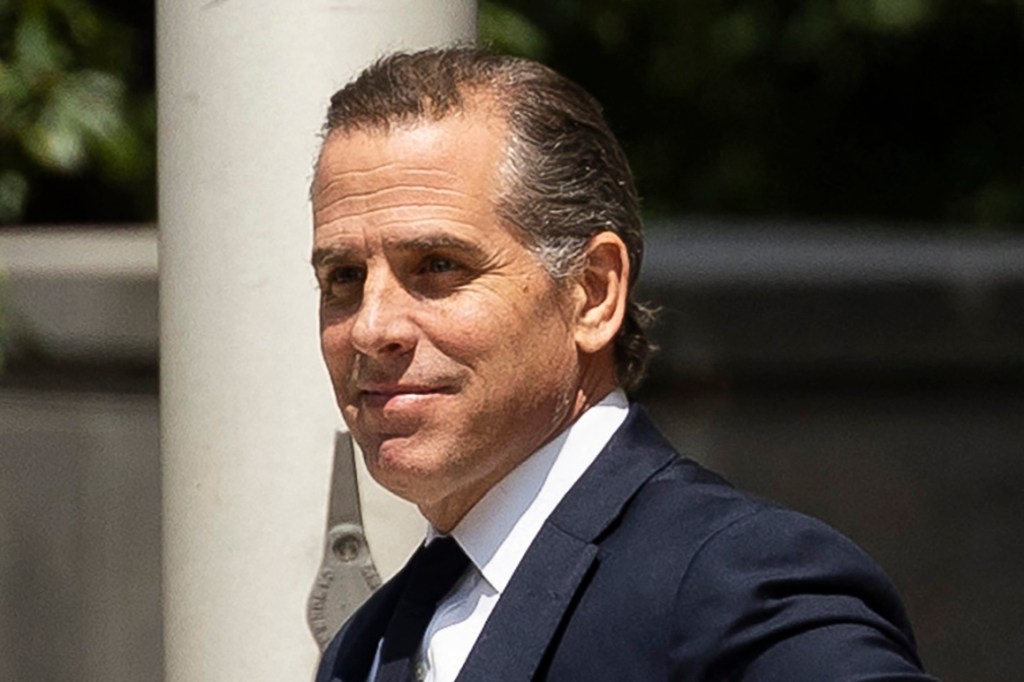






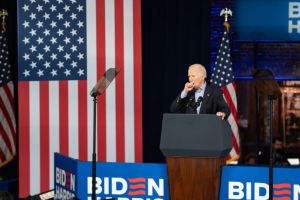
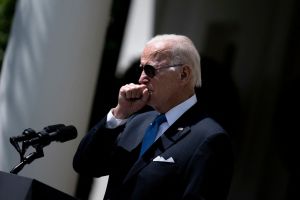

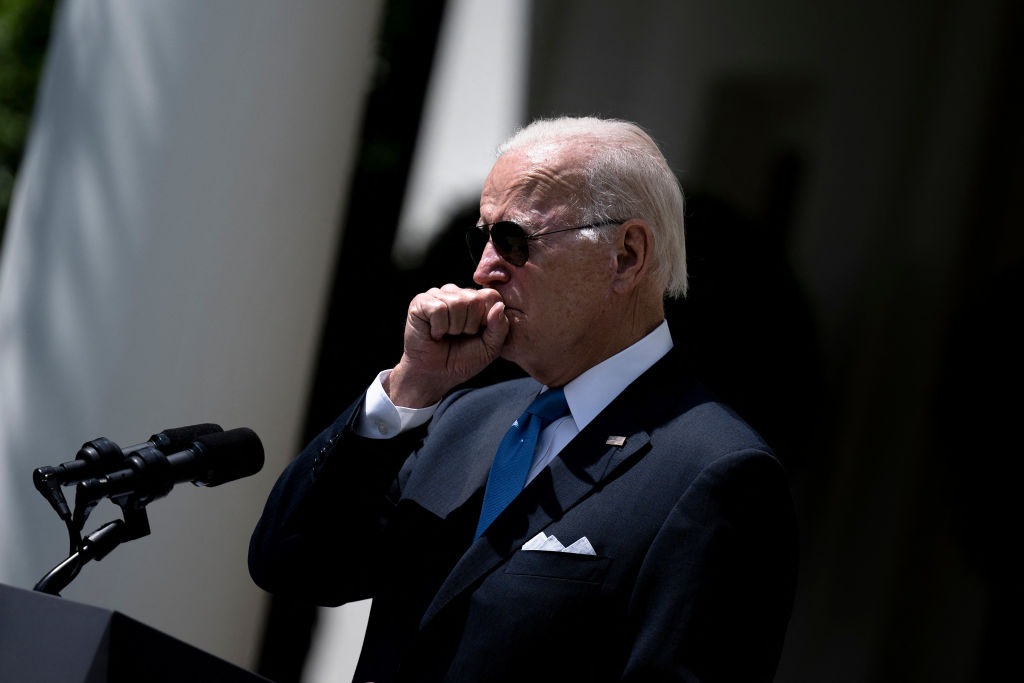

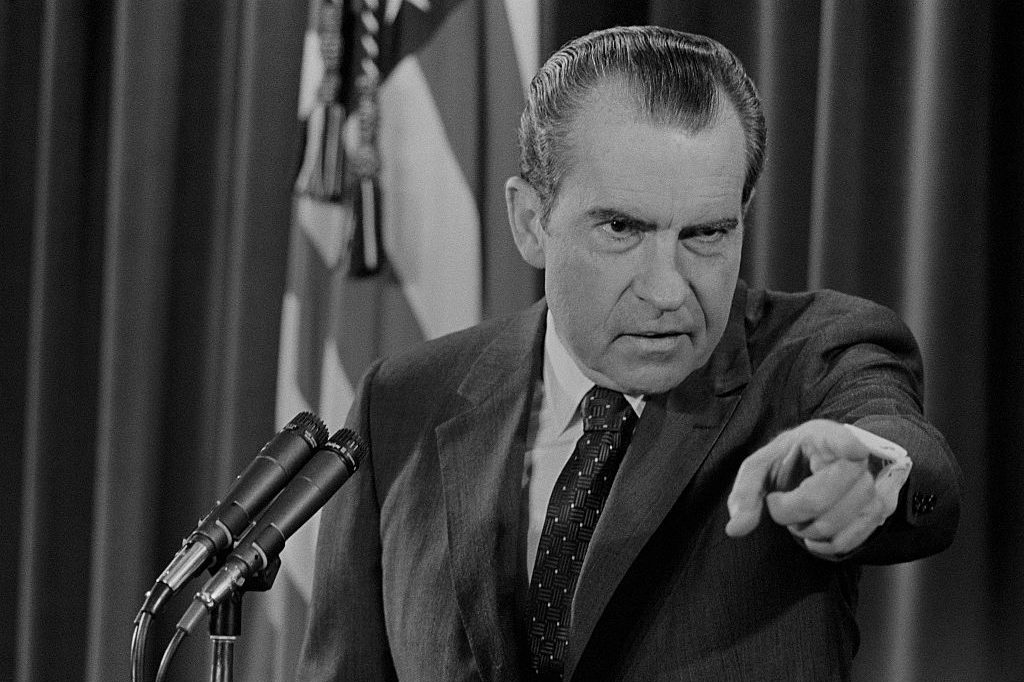


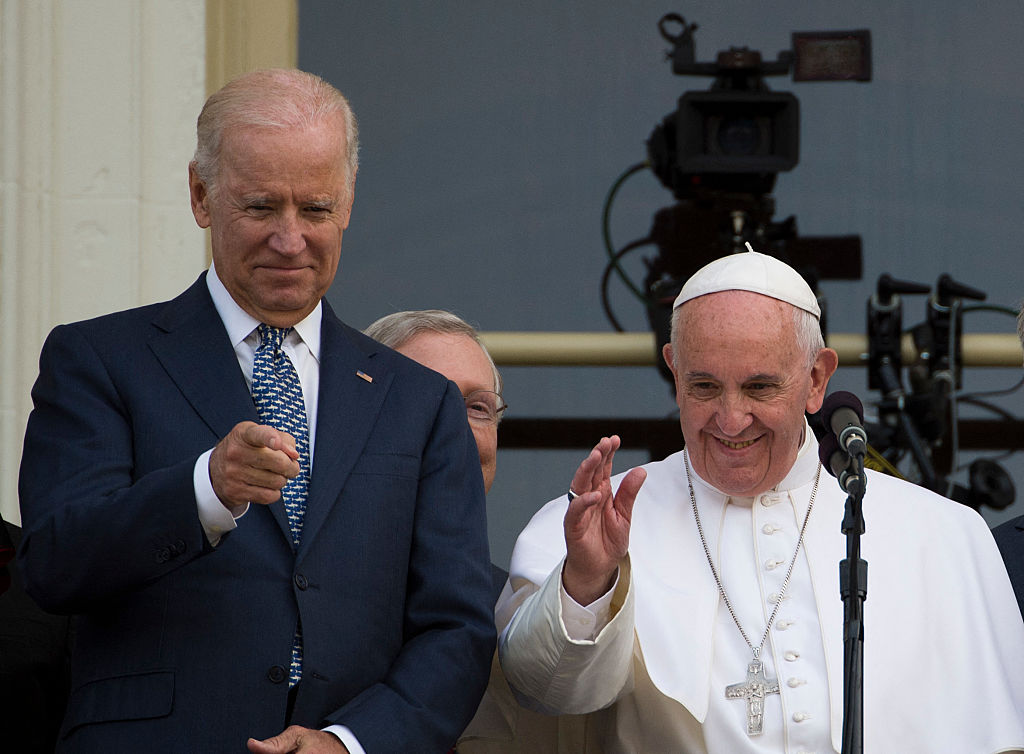







Leave a Reply